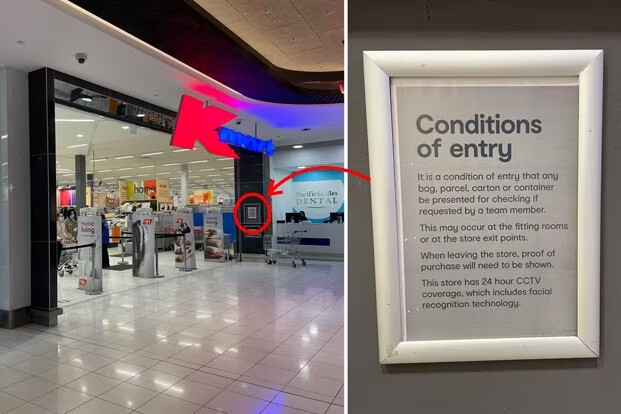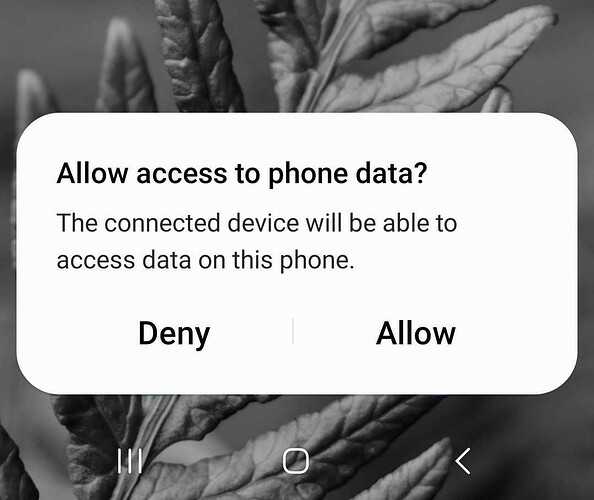@roberto This goes to show you that it’s all about the bottom line. More & more companies are doing this type of monitoring. The US spy tech firm Palantir recently won a £330m NHS (UK public health) contract & it sparked major privacy concerns over patient health & medical data because one of the tasks that the AI-powered software handles is patient discharge management.
@urszula: Here is more about Palantir, from pages 242-243 of The Wuhan Cover-Up and the Terrifying Bioweapons Arms Race, by Robert F. Kennedy Jr.
Just before taking the job as America’s top spy, [Avril] Haines scrubbed from her bio that she was a paid consultant–at [US]$180,000 annually–for Palantir, a private intelligence firm found in 2003 by PayPal co-founder Peter Thiel. Palantir is a data-mining Pentagon and intelligence agency contractor. … During the COVID pandemic lockdowns, Palantir, perhaps the global leader in predictive policing technologies and programs, cashed in on the implementation of the oppressive surveillance and control policies that Haines had modeled during the Event 201 simulation, raking in lucrative contracts with the CIA. Palantir was one of the firms, along with Microsoft, Google, and Amazon, that provided a retinue of data-tracking, surveillance, and digital ID technologies to the US Department of Homeland Security and Centers for Disease Control and to Western governments during the COVID pandemic The firm demonstrated that it shares the CIA’s contempt for US traditions and values by participating in an attempted smear campaign against anti-corporate activists and journalists who questioned government policies, including muckraker Glenn Greenwald.
@kirkmahoneyphd As much as the information you posted concerns me, I think Palantir & the way they process data, is only going to get bigger & bigger. I’m in Australia ![]() right now & basically all the places I’ve been to, including shopping centers & event venues, I’ve seen information posted that the security system used gathers biometric/ facial recognition data. It’s a condition of entry. That data is processed somewhere & definitely analyzed.
right now & basically all the places I’ve been to, including shopping centers & event venues, I’ve seen information posted that the security system used gathers biometric/ facial recognition data. It’s a condition of entry. That data is processed somewhere & definitely analyzed.

Rob Braxman, who makes videos about Internet privacy, recently said – perhaps a bit jokingly – in a video that one could wear a mask, as needed, to reduce facial recognition. Unfortunately, the CCP has developed software that performs facial recognition on mask wearers in China. And, I just heard an account from an American who, upon entering a return-to-the-USA area at an airport, got detected by facial-recognition software even though he was wearing a hat and sunglasses.
I wonder, though, @urszula, whether an electronic device warn around the neck could invisibly obscure one’s face from facial-recognition cameras, just as an infrared remote control (e.g., for a TV set) can shine a bright but invisible light into a digital camera (such as a cellphone camera).
@kirkmahoneyphd Maybe something like this:
@kirkmahoneyphd Knowing all this…there are people who still PAY companies to take their DNA…
Here is something that freaked me out recently. I was flying back from Australia with a layover in Doha. On the flight from Doha to Warsaw, I wanted to charge the smartphone I used while in the land down under. This is the message I received when I plugged in the USB. YIKES!
Did it charge
@John_Andersson I unplugged it before I could find out. It was really a weird message and I’ve never seen it before.
If there is one thing I’m sure about this is, and using a popular saying from my country: “There are no free lunches”.
I was aware of Google, Facebook, cookies collecting information to “improve user experience”, but vibrators ![]()
I prefer services where I just bookmark my preferences on my own, which are cookie-less, but its less and less.
For younger generations, only what happened on Internet matters. What is publicly visible. And surely counters of social media love are indicators of popularity, fame, money and success.
Sadly, only real experiences build human interaction and satisfaction. Digital word is a bit poorer substitute and yes, way to freely get information you once needed to poll, pay, ask for approval.
Early Days of the Internet
The real world mediated our interactions with the Internet.
For example, we would ask a shop owner – in person or by telephone – a question about some product, and the shop owner would go online to research an answer to give to us.
Current Days of the Internet
The Internet mediates our interactions with the real world.
For example, we search the Internet for something, and – only if we cannot order it online – we tell a shop owner that this is what we want.


